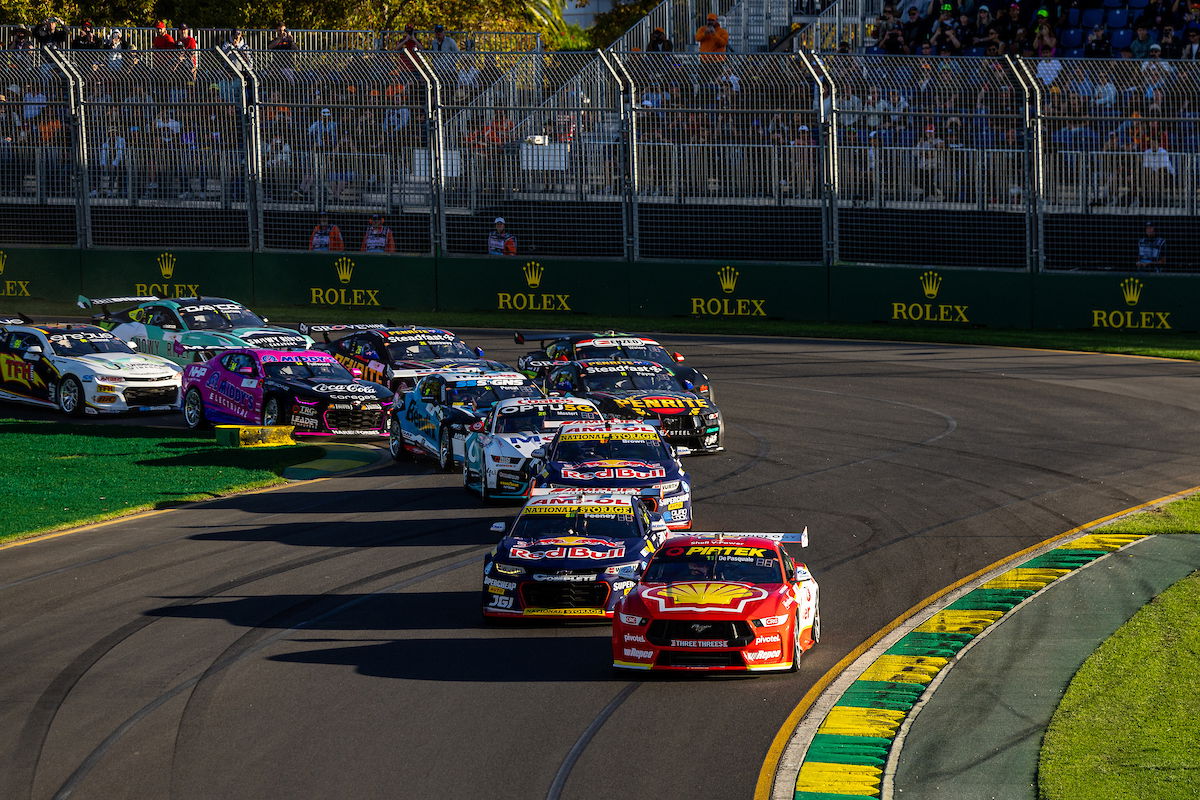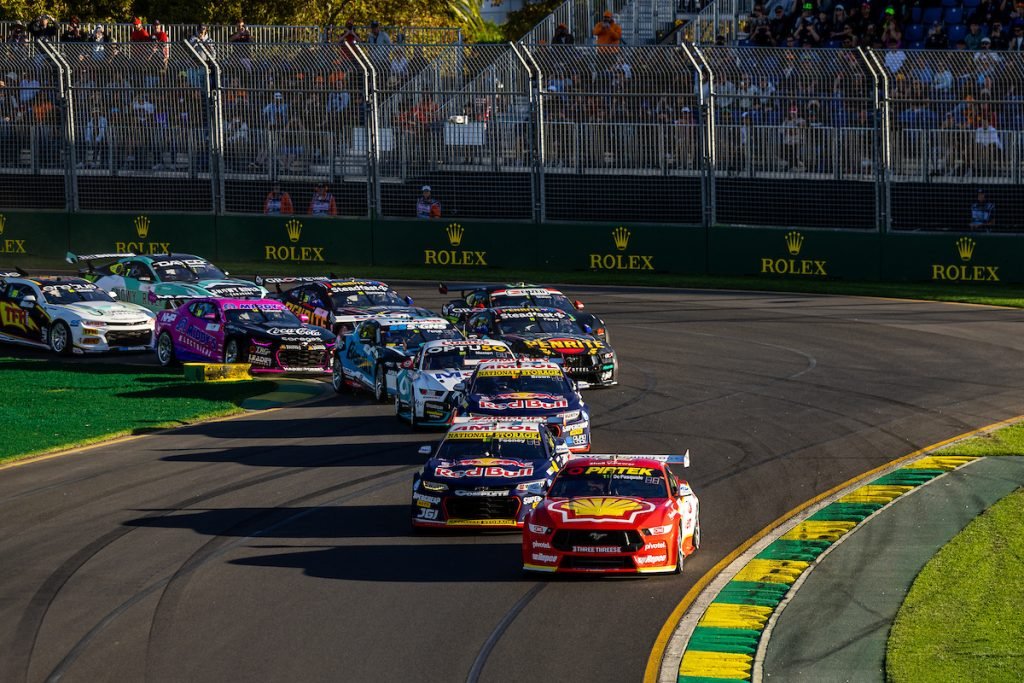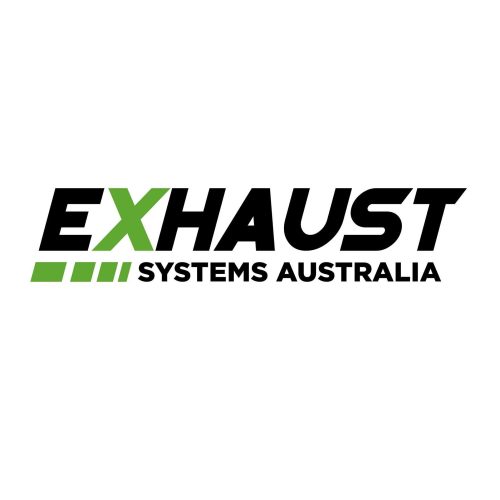

The Repco Supercars Championship reverted to the exclusive domain of Ford and General Motors in 2020 and has remained so into the Gen3 era, with Chevrolet succeeding Holden as the representative of the latter.
With the first season of Gen3 marred by a furore over parity, Supercars responded by investing in off-season wind tunnel testing and is also committed to transient dynamometer testing.
In an interview with News Corp Australia’s titles, Nettlefold expressed hope is that, once parity and the processes are proven, the category can attract more manufacturers.
“Our focus has been around getting the car to the level that we can have constructive discussions with other manufacturers,” he said.
“We hope that we will be through that hurdle in the next months to come, where we can then hand on heart be very proactive in talking to other manufacturers, which will make it cost efficient, turnkey to come in on the product.
“I think we all would [like to have another manufacturer in the sport]. Even Ford has openly said we think it would be the best thing for the sport. So, yes, we would love to.
“We would love to see another two cars on the grid, the more the better.”
The hardware from the new manufacturer would then be put through the wind tunnel and AVL process [transient dynamometer].
“If we have completed the AVL testing … we would want to do wind-tunnel testing with them,” explained Nettlefold.
“We would have to go through the same rigours to ensure we have parity and an equal product on the track.
“So I would say if we can have that done by 2026 and be poised for a ’26 launch, that would mean we would have everything ready by the end of this year.
“It would take time to then develop another manufacturer, I would have thought.
“We need to have done our work where we can make it easy for a manufacturer to turnkey on to our product and know we can do it within a nine-month window, where we do wind-tunnel testing, AVL testing and make sure that it’s a competitive product because we don’t want manufacturers to come on and not be competitive.”
Supercars was at its most diverse in terms of manufacturers in 2014 and 2015 when the Holden Commodore and Ford Falcon raced against the Nissan Altima, Volvo S60, and Mercedes-AMG E63.
The latter was an expensive customer exercise for Erebus Motorsport; Volvo’s motorsport arm Polestar made the call from Sweden to pull out of the category in 2016, after which Cyan even recalled the cars and engines from Garry Rogers Motorsport; before Nissan Australia withdrew its support of Kelly Racing in 2018 but allowed it to continue to campaign its Altimas.
Walkinshaw Andretti United was in talks which might have brought a third make back into the category for Gen3 but ultimately signed with Ford, a massive move nevertheless given its lineage as the factory Holden Racing Team and the associated cultural hegemony.
Nettlefold’s 2026 target, while perhaps seemingly a long way away, in fact leaves relatively little time for signing up a new manufacturer to the category if proof of the rigour of the new parity regime is necessary.
Assuming transient dyno testing happens in the first half of this calendar year, that leaves little more than six months for the process to be vindicated on the race track and for a new manufacturer to be signed, then almost a year worth of development of the car, in time for pre-season testing in January and/or February 2026.




















Discussion about this post